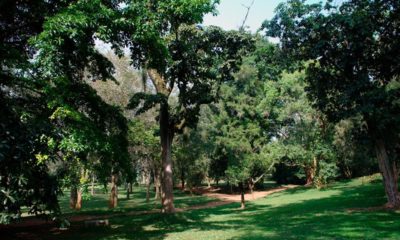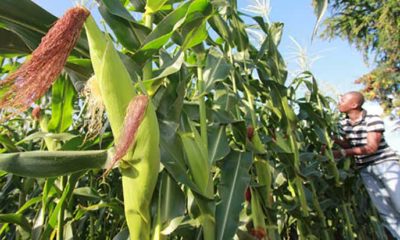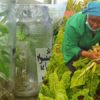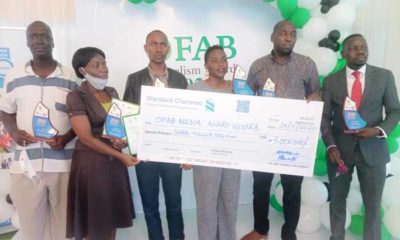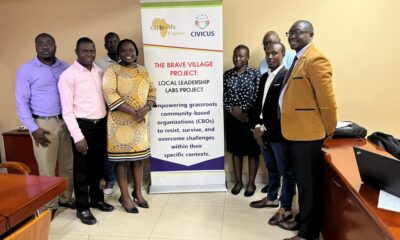News
NARO goes private, but move sparks controversy

NARO iron enhanced beans are some of the rare technologies despite their enormous nutritional benefits Pix by Harvest Plus
The National Agricultural Research Organisation (NARO) has registered a private company under the name NARO Holdings Ltd to commercialise and promote the research body’s many technologies with the view to making them more accessible to the general public.
But the move has attracted support as well as criticism and fear from among researchers and the private sector.
NARO’s Head of Corporate Affairs Prof. Justus Rutayisire told The Sunrise that the company has received a nod of approval from the Attorney General and Accountant General and has already recruited two members of staff to start operations.
Prof. Rutayisire said: “NARO has produced a number of technologies but most of these have not been taken up by the private sector. You can produce a formula for animal feeds for example but if it does not get taken up by the private sector, the technology remains on the shelf. And yet in the public sector, you can only do so much. So we decided to set up a private firm that can source for resources to invest in the technologies and make them available to the public.”
Prof. Rutayisire says the new company’s scope of work is very diverse and shall include commercialising technologies in the Diary sector, Forestry sector to produce medicinal products, as well as machinery such as irrigation equipment.
“If you want to buy a planter or irrigation equipment, this company will make it possible for you to purchase it there and then as opposed to placing an order and having to wait for six months, in which period it may not come,” adds Prof. Rutayisire. NARO makes a wide of agricultural equipments at their research centre in Namalere, Wakiso district.
Prof. Rutayisire argues that is replicating what national research institutions in countries such as Malaysia have done. He says Malaysia’s agricultural research organisation that created a private company that helped to commercialise technologies beyond the public institution’s prior capacity.
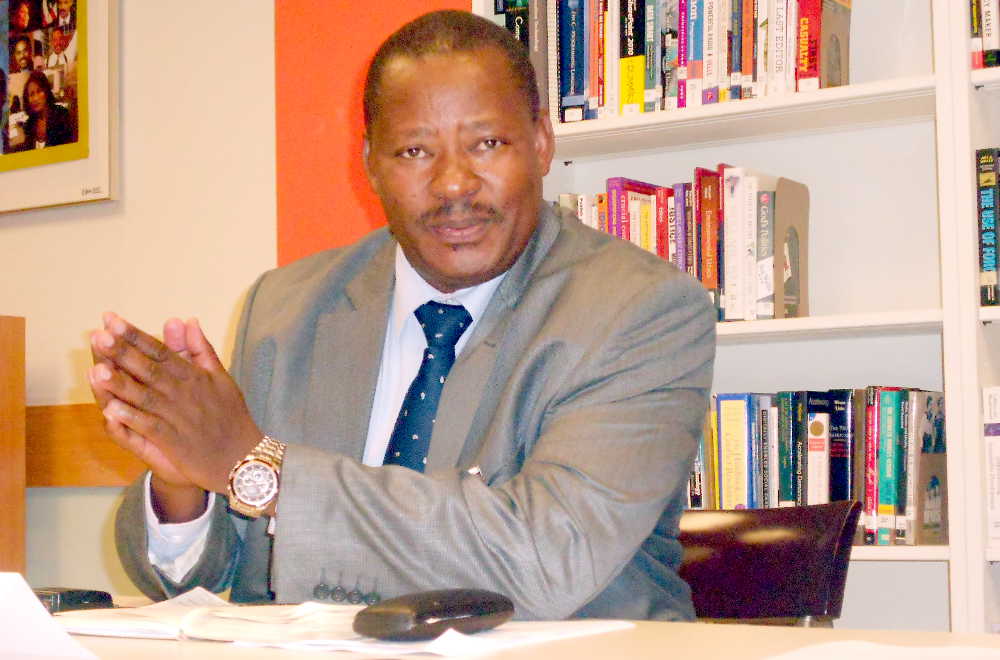
NARO DG Dr. Ambrose Agona’s move is not embraced by everyone
NARO’s latest move has however triggered fear among researchers and private sector players that the move could undermine the private sector.
Sylvia Kyeyune, the Managing Director of Simlaw Seeds expressed fear that the new company may outcompete private seed companies.
Kyeyune said: “I have heard that the new company is coming to fill the gaps created by the low capacity of the private sector to supply enough seeds. But instead of competing with us, they should have supported us to improve our capacity.”
She added that some of the criticism levelled against private seed companies should rather be directed towards NARO for its failure to produce sufficient foundation seed, which private companies use to produce certified seed that is sold to farmers.
Clet Wandui Masiga, the Director of Research at the Tropical Institute of Development Initiatives agrees with Kyeyune that NARO holdings Ltd poses a real threat to Uganda’s nascent private seed sector.
Masiga said: “NARO’s business should remain research. They already get a lot of money for research from government and international institutions. If those guys in NARO feel the private sector is not taking up the opportunities, they should resign and form private companies and leave NARO to focus on its mandate of research.”
Two other researchers this newspaper has talked to about the plan are also concerned about the risk of NARO losing focus from research especially if resources are channeled to product development and marketing.
The move by NARO has also been likened to a similar campaign by the Dutch-supported organisation called Integrated Seed Sector Development (ISSD), which has tried to displace private seed companies by attempting to empower farmers to produce seed.
People close to the work of ISSD argue that the organisation’s work undermines the seed industry especially when the farmers are unable to provide sufficient seed consistently.
Masiga says Uganda has a developed private seed sector and attempts to undercut the mushrooming industry are dangerous for the agricultural sector.
He argues that NARO has failed to produce sufficient seed, including failure to push for the release of GM seed for 20 years.
Masiga said: “If they have failed to produce seed, including failing to release GM seed for the last 20 years, they should say so and we privatise the entire seed industry the way the United Kingdom did.”
In his response to this criticism, Rutayisire says that NARO holdings does not intend to undermine the private seed industry, but rather to complement it.
“We are going to concentrate on areas where the private seed companies have little capacity such as developing foundation seed,” but Prof. Rutayisire added: “Even if we venture into certified seed, we shall not sell as prices lower than what private companies are selling.”
He was supported by Chris Ibishintabyo, the former Executive Director of the Uganda Seed Traders Association (USTA), who argues that NARO’s intervention, especially in the development foundation seed, is welcome since seed companies are weak in this area.
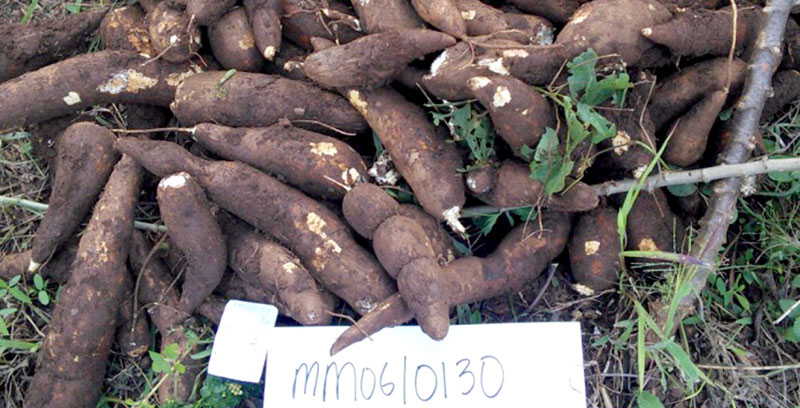
NARO has produced a number of cassava varieties some which are specialized such as for bear making but fail to get attention from private companies which sell mostly to small scale farmers for food purposes
NARO’s expanded mandate has also been welcomed by the Uganda National Farmers Federation (UNFFE) whose President Dr. Dick Kamuganga, recently observed that the plan offers them an opportunity to partner with NARO to multiply seed using their diverse membership and resources under the District Farm Institute.
UNFFE leaders also expressed the view that NARO’s active participation in the market place for seeds would greatly reduce the challenge of fake seeds as they would be able to monitor their products and weed out copycats.
Comments



